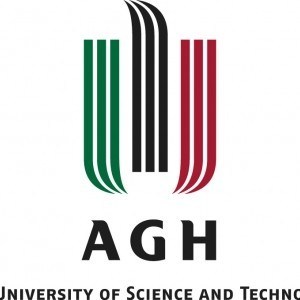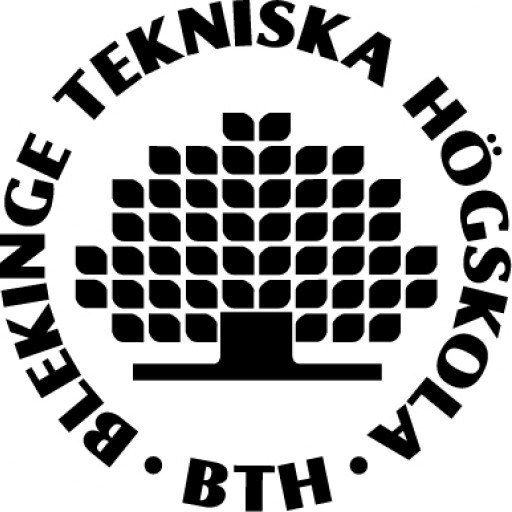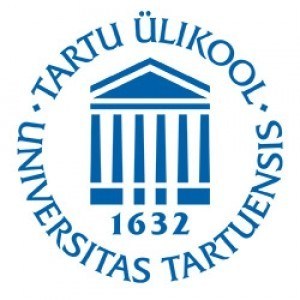Photos of university / #agh.krakow
Advertisement
Full-time, 2-nd level degree courses are three semester long and finish by preparation of the Master Thesis and the graduate is awarded the Master of Science degree.
At the second stage the student selects one of the specializations: Teleinformatics Systems and Equipment, Sensors and Microsystems, Networks and Services. The graduates acquire the theoretical knowledge and practical skills indispensable to design, manufacture, implement and exploit the circuits, devices, electronic systems and telecommunications systems, networks and services. This study programme aims at specification of the current and future electronic and telecommunications techniques with the use of new technologies and computer tools as well as development of these technologies and fabrication of tools. In the first phase of studies the future graduate gains the theoretical background in basic subjects, in the second phase of studies the disciplinary and specialist subjects are introduced. During the first semester (uniform across all specializations) students acquire supplementary knowledge in basic theoretical subjects (Mathematics, Stochastic Processes, Numerical Methods, Optimization Methods) and in major courses (Fibre Optics and Photonics, Programmable Logic Devices, Electromagnetic Compatibility,Information Theory and Coding, Security of Information Systems, Reliability and Diagnostics, Telecommunication Networks Design). The specialist education is conducted according to various programmes elected at the second stage of full-time studies. Graduates are also prepared for team management, as well as to advance to the 3rd cycle of studies (doctoral research).
A graduate in the specialization Electronics and Telecommunications: Network and Services is educated to make technical progress and is able to conduct creative professional activities in up-to-date electronics and telecommunications, especially in the field of telecommunication networks and services.
The programme of the specialization focuses on the education of prospective graduates who will be able to develop new telecommunication equipment and systems, networks, and will also be able to manage existing networks, analyse existing networks and future networks standards including wireless data transmission networks, modern IP networks, exchange of electronic documents, methods of modelling and testing telecommunication protocols, efficiency, research and development of data telecommunication systems, as well as to create www pages and digital videolibraries. During the first semester (uniform across all specializations) students acquire supplementary knowledge in basic theoretical subjects (Mathematics, Stochastic Processes, Numerical Methods, Optimisation Methods) and in major courses (Fibre Optics and Photonics, Programmable Logic Devices, Electromagnetic Compatibility, Information Theory and Coding, Security of Information Systems, Reliability and Diagnostics, Telecommunication Networks Design).
During the following semesters the education is accomplished at three major courses: Network and Service Management, Digital Transmission Techniques, and Modelling and Simulation of Networks and Services,and within the framework of the elective courses: Wireless Data Transmission System, www SED and PHP, Digital Video Libraries, Models of Telecommunication Services and Networks, Unified Signalisation Services, Global Communication Systems.
Want to improve your English level for admission?
Prepare for the program requirements with English Online by the British Council.
- ✔️ Flexible study schedule
- ✔️ Experienced teachers
- ✔️ Certificate upon completion
📘 Recommended for students with an IELTS level of 6.0 or below.










